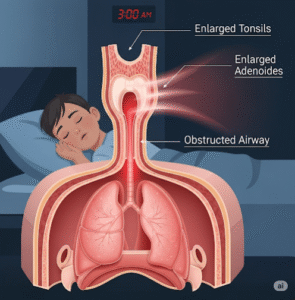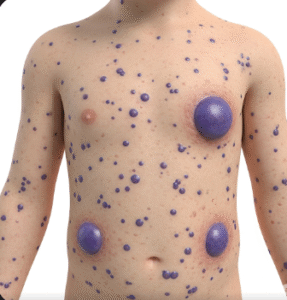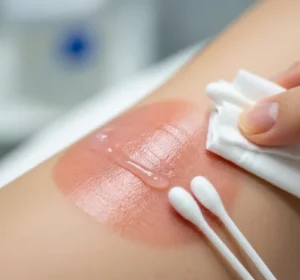Overview
Colitis is an inflammation of the colon that can cause abdominal discomfort, diarrhea, and other digestive symptoms. The condition can be acute or chronic, and may result from infections, autoimmune disorders, or ischemia. In Korea, gastroenterology clinics and hospitals provide advanced diagnostic evaluation, treatment, and management of colitis to improve patient outcomes.
What is Colitis?
Colitis refers to inflammation of the large intestine (colon) that can be caused by various factors including infections, inflammatory bowel disease (IBD), ischemia, or allergic reactions. Types include ulcerative colitis, Crohn’s colitis, infectious colitis, and ischemic colitis. Symptoms can vary depending on the cause and severity.
Symptoms
- Abdominal pain or cramping
- Diarrhea, which may contain blood or mucus
- Urgency or difficulty controlling bowel movements
- Fatigue and weakness
- Fever (in severe or infectious cases)
- Weight loss or poor appetite in chronic colitis
- Dehydration from frequent diarrhea
Causes
- Inflammatory bowel disease (IBD): Ulcerative colitis or Crohn’s disease
- Infections: Bacterial (Salmonella, E. coli), viral, or parasitic infections
- Ischemic colitis: Reduced blood flow to the colon
- Allergic reactions or medication-induced inflammation
- Radiation exposure to the abdomen or pelvis
Risk Factors
- Family history of inflammatory bowel disease
- Age (ulcerative colitis typically starts between 15–30 or 50–70 years)
- Autoimmune disorders
- Smoking (worsens Crohn’s disease, may reduce ulcerative colitis risk)
- Use of nonsteroidal anti-inflammatory drugs (NSAIDs)
- Poor diet or stress (may exacerbate symptoms)
Complications
- Chronic diarrhea and dehydration
- Colon perforation or toxic megacolon in severe cases
- Increased risk of colon cancer in long-standing ulcerative colitis
- Anemia due to chronic blood loss
- Fistulas or strictures in Crohn’s colitis
- Weight loss and malnutrition
Prevention
- Maintain a balanced diet rich in fiber, vitamins, and minerals
- Avoid smoking and limit alcohol consumption
- Manage stress and get regular exercise
- Treat infections promptly to prevent secondary colitis
- Regular medical check-ups if at risk for IBD or chronic gastrointestinal conditions
Treatment Options in Korea
Treatment of colitis depends on the type and severity. Korean hospitals offer a comprehensive approach:
- Medical Treatment
- Anti-inflammatory medications (e.g., mesalamine, corticosteroids)
- Immunosuppressants for autoimmune-related colitis
- Antibiotics for infectious colitis
- Biologic therapies for moderate to severe IBD
- Supportive Care
- Hydration and electrolyte replacement
- Nutritional counseling and supplementation
- Pain management and lifestyle modifications
- Surgical Treatment
- Resection of affected colon segments in severe or complicated cases
- Minimally invasive laparoscopic or robotic-assisted surgeries













